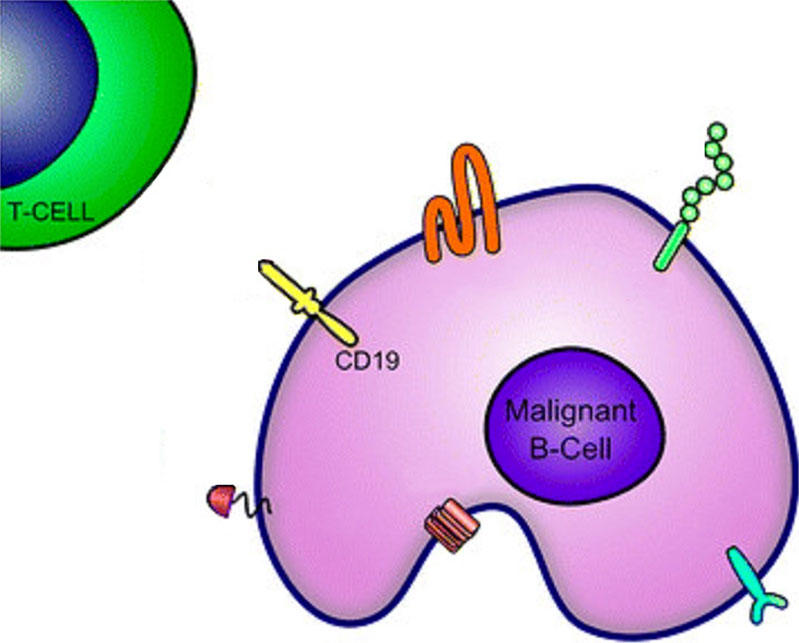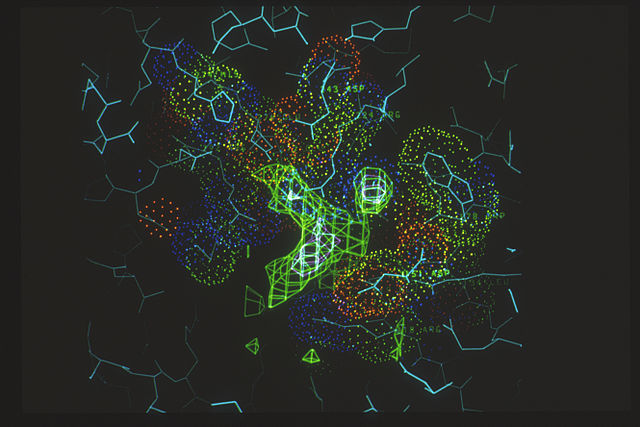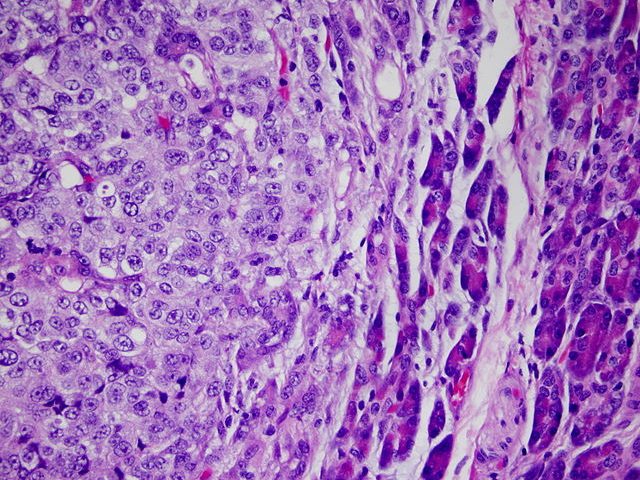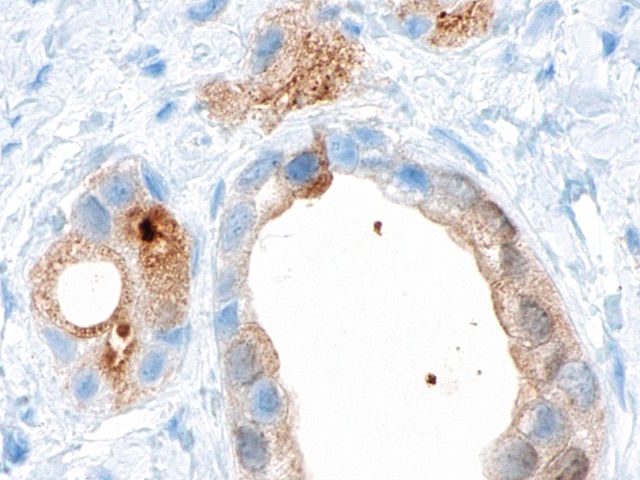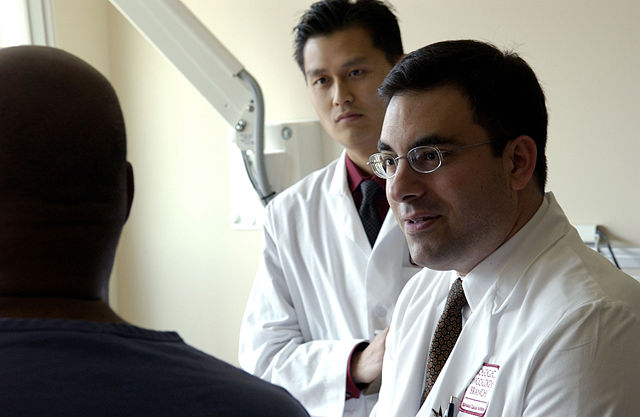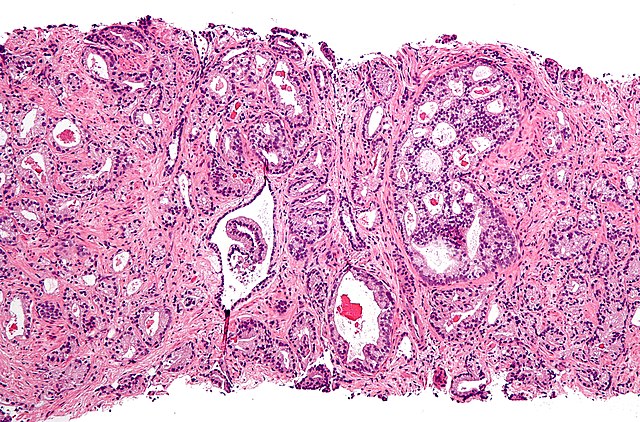Presented by: Michael A. Spinner, MD, Clinical Assistant Professor, University of California San Francisco
Covered by: Hannah Abrams, MD

CAR T-cell therapy in hematologic malignancies has more options than ever before, with 4 FDA-approved products for B-cell malignancies and 2 FDA-approved products for relapsed/refractory multiple myeloma. Dr. Michael Spinner, Clinical Assistant Professor at the University of California San Francisco, describes the current landscape of CAR T-cells, and key efforts in advancing CAR T forward in treatment lines for high-risk diseases, such as high risk DLBCL and relapsed/refractory multiple myeloma. [1,2,3]
The most recent upcoming advances in CAR T that Dr. Spinner describes are targeting mechanisms of resistance and enabling allogeneic CAR-T and CAR-NK therapies. For example, strategies under development include “armored CAR T” products which secrete cytokines to modulate an immunosuppressive tumor microenvironment, products which target multiple antigens to avoid antigen escape, and allogeneic products from healthy donors to avoid potential CAR T exhaustion. [4,5,6] Additionally, broader strategies to improve T-cell fitness, such as avoiding T-cell toxic agents like bendamustine within 6 months of aphaeresis, may also improve fitness. [7] While our options are already broad for CAR T-cell therapy in hematologic malignancies, Dr. Spinner envisions a future in which we enhance our existing therapies and broaden their reach.
- Westin et al, ASCO 2023
- Martin et al, JCO 2023
- Munshi et al, NEJM 2021
- Yeku et al, Sci Rep 2017
- Depil et al, Nat Rev Drug Discov 2020
- Spiegel et al, Nat Med 2021
- Wang et al, J Clin Oncol 2023


